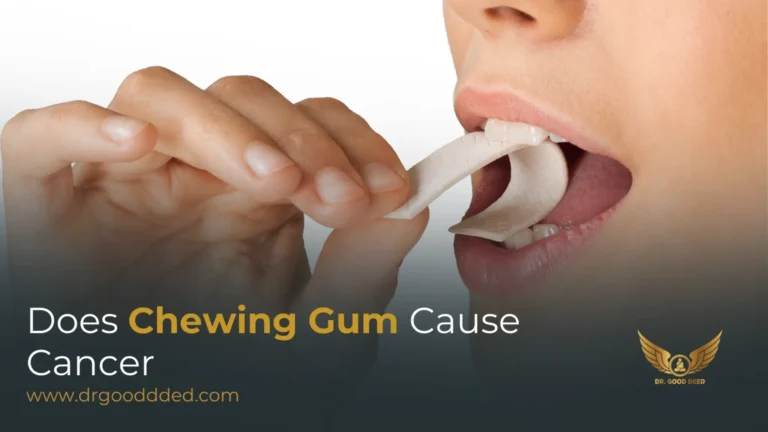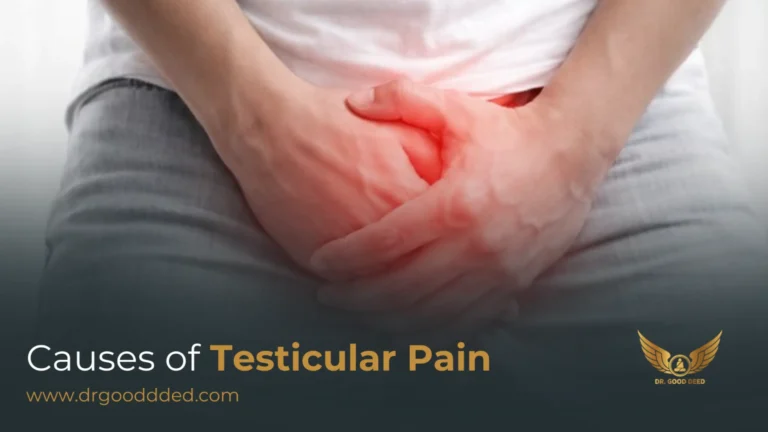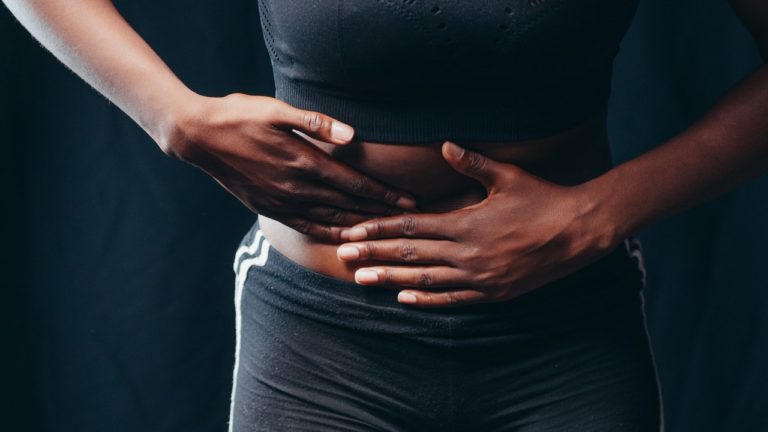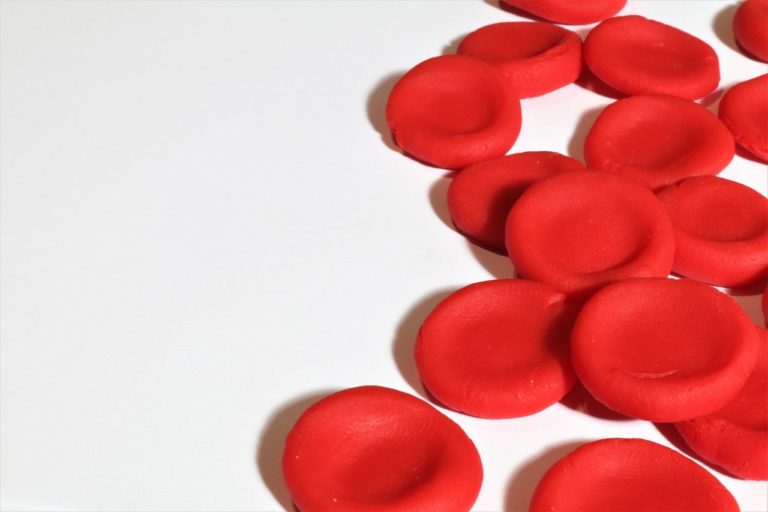Blood pressure definition
The pressure of the blood in the circulatory systems is frequently estimated for diagnosis and treatment as it is closely associated with the rate of heartbeat and the elasticity of the arterial walls. Blood pressure is taken in two measurements. One is systolic and the other is diastolic.Suppose you got your blood pressure measured as 120/90(mmHg) ; the lower 90 here means the diastolic blood pressure while the upper 120 defines systolic blood pressure.
Any considerable fluctuation in either of the two numerical beyond normal levels puts you at risk. Patients suffering from heart failure are mostly because of high blood pressure.
Blood pressure range
Now when it comes to the range –
The blood pressure normal range is between 120/80mmHg. The number is higher than this is a red flag that you need to consult a doctor immediately. It basically means you have elevated blood pressure.
What are the different stages of blood pressure?
| BLOOD PRESSURE CATEGORY | SYSTOLE | DIASTOLE |
| Normal level | lesser than 120 | lesser than 80 |
| Elevated | 120-129 | lesser than 80 |
| Hypertension Stage 1 | 130-139 | 80-89 |
| Hypertension Stage 2 | greater than 140 | greater than 90 |
| Hypertensive crisis | greater than 180 | greater than 120 |
Blood pressure chart by age
| Age | Systolic pressure | Diastolic pressure |
| 20-25 | 120 | 78 |
| 26-30 | 119 | 76 |
| 31-35 | 115 | 75 |
| 36-40 | 120 | 75 |
Blood pressure monitor
Blood pressure monitor or a sphygmomanometer is a device used to measure blood pressure. It consists of an inflated cuff, a mercury manometer, and a mechanism for inflation which can be manually operated by a bulb or a pump operated electrically. Manual blood pressure monitors are used with a stethoscope then using the auscultatory technique.
Blood pressure symptoms
When the BP is high-
The condition is known as hypertension. It has no symptoms until and unless the situation gets extremely severe where you might see symptoms like
- Nose bleed
- Shortness of breath
- Headaches
When the BP is low –
This condition is known as hypotension. It is recorded as lower than 90/60mmHg. You might see symptoms like
- Dizziness
- Fainting due to the reduced blood supply to the brain.
Blood pressure risk factors
Down below are some factor which might put you at risk of having hypertension
- Age – When the individuals get older, they are more likely to have a high blood pressure.
- Family history – If someone in the family had a history of hypertension, those people are at higher risk.
- Obese – Patients suffering from obesity are more likely to have high blood pressure.
- Lack of Exercise – No physical activity can lead to high blood pressure.
- Diet with high sodium and potassium consumption
- Stress – This can be factor for high blood pressure,
- Alcohol
- Smoking cigarettes
- Pregnancy
Blood pressure risk levels
When your blood pressure reading is between 130/80 it is stage one. In stage two the BP is between 140/90 or higher. In case you get a blood pressure reading between 180/110 or higher, seek medical treatment immediately.
Blood pressure risk of heart attack
When the blood flow is blocked completely the heart muscles starve for oxygen. In this condition the individual faces a heart attack. During this attack, the blood pressure can either go up, down, or remain the same, depending on how the body responds.
If high blood pressure is left untreated, it can increase the risk of a heart attack. A buildup of cholesterol or lipid within the walls of the arteries is known as plague. Over time this plague can narrow and harden the arteries wall. When the plague breaks from the wall of the artery, a blood clot is formed around it. This can cause a heart attack due to less blood supply to the heart.
Blood pressure risk of stroke
When your blood pressure reading is above 180/120 mmHg, you are at risk of having a stroke. This range is dangerously high and requires immediate medical assistance. In such conditions the blood vessels are damaged by high blood pressure. The high blood pressure may cause a blood clot, blocking the blood flow and eventually causing a stroke.
Blood pressure side effects
Individuals suffering from high blood pressure are at the risk of acquiring heart diseases. Uncontrolled high blood pressure can lead to disability and poor quality of life or sometimes even fatal heart attack or stroke. The major side-effects of high BP are-
- Coronary artery disease
- Heart failure
- Enlarged left heart
- Stroke
- Ischemic attack
- Dementia
- Cognitive impairment
- Kidney failure
- Damage of retina
- Sexual dysfunction
- Chest pain
- Memory loss, progressive loss of consciousness
- Shortness of breath
- Pulmonary edema
Why is Good Deed clinic the best for your health checkups?
Good Deed provides you with proper medical assistance for full body checkup in Patna in the clinic in Patna. We ensure you get high-quality services from a neurologist on a boring road and a gastroenterologist on a boring road Patna, at the best price possible. Good Deed has exceptionally qualified and experienced physician doctors in Patna boring road, who are trained in the USA and are practicing here in the clinic and diagnostic center of health checkup in Patna. You can simply fix an online appointment with doctors, and have a one-to-one conversation. We are also open for long-distance packages for families who stay abroad and their parents are in India. To get smooth and effective treatment, consult Good Deed, a full body checkup clinic in Patna.
FAQs
What is the normal BP range?
A normal blood pressure range is between 120/80 mmHg. Irrespective of your age, you can take each step of your day to keep your BP in a healthy range.
What food causes high BP?
If you are eating processed food like sausages, bacon, ham, frozen and boxed mix of potatoes, canned soup, popcorn, peanuts, chips then you’re at a high to get high BP.
How to reduce high blood pressure?
Individuals suffering from high blood pressure should watch their diet, do exercise regularly, reduce smoking, limit consuming alcohol, stop taking stress, and have a control on your weight.















